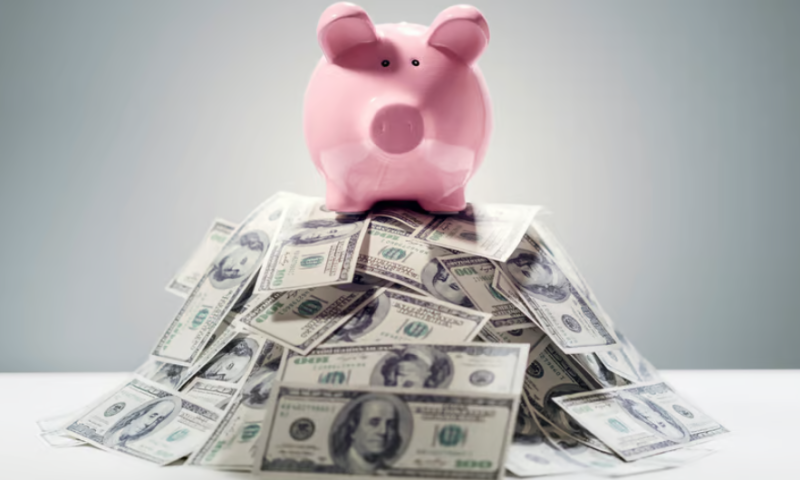As Philips’ recall of many of its CPAP and BiPAP machines and other respiratory devices grew to include more machines and sparked tens of thousands of patient complaints, ResMed stepped up to fill that gaping hole left in the market.
So far—despite some supply constraints that kept ResMed from churning out quite as many CPAP machines as it would’ve liked—that’s been an overwhelmingly successful move for the company.
ResMed’s revenues reached new heights in fiscal year 2022, which ended June 30, when it raked in nearly $3.6 billion for the year. And the trend is only continuing: For the second quarter of its fiscal year 2023, the company reached $1.03 billion in revenues, marking its highest-ever quarterly haul. That’s 16% higher than the same period the previous year and also tops the previous record—which was set just one quarter earlier and clocked in at $950 million—by about 8.8%.
The devicemaker’s profits also continued to climb. According to Thursday’s earnings report, ResMed took home a net income of nearly $225 million for the quarter, representing an 11% year-over-year jump in profits.
ResMed attributed its fast-growing fortune largely to Philips’ recall: “Revenue growth reflected increased demand for our sleep products across our portfolio and ongoing increased device demand generated by our competitors’ product recall,” CEO Mick Farrell told investors on a call discussing the quarterly results.
And the company isn’t especially concerned about Philips’ impending resurgence in the market. The Dutch devicemaker is now 90% through its repair-and-replace program for the 5.5 million recalled products, but as Farrell said on Thursday’s call, while the return of ResMed’s biggest competitor is “not irrelevant,” it’s also “not a big perturbation of our long-term strategy and our long-term business.”
Farrell said ResMed has “run scenarios” gaming out the impact on the company if Philips returns next month, this summer or not until next year—“and actually, in all those scenarios, ResMed grows, and ResMed does really well, and ResMed does a really good job of taking care of the unmet patient need,” the CEO said.
He predicted that ResMed will continue to widen the gap between the competitors even after Philips resumes sales of its CPAP machines—whenever that may be—since Philips will have to play quite a bit of catch-up first against “the OK players” before clawing its way to a fight against ResMed, “the market leader,” per Farrell.
That confident outlook comes even as the slow-moving supply chain remains a point of concern for ResMed. To battle those challenges, the company opened a new manufacturing facility in Singapore last fall and has doubled down on its output at other facilities and in its partnerships with suppliers, with an aim of leaving behind those supply constraints by the end of 2023, Farrell said on Thursday’s call.
“We see the supply environment improving every week, every month and every quarter, and our access to the specific electronic components we need has increased,” he said. “We are confident in our ability to fulfill all customer demand before the end of calendar year 2023 and we expect to see steady ongoing incremental device revenue growth in the third and fourth quarters of our fiscal year 2023.”

